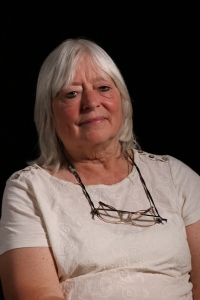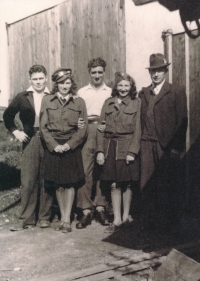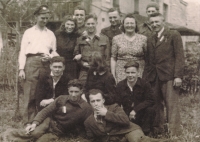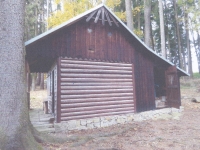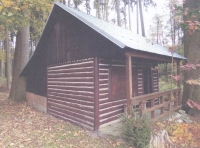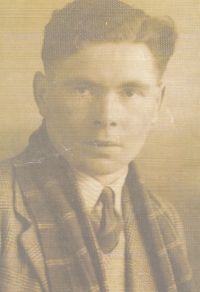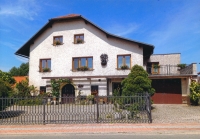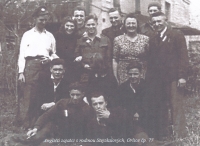The Czechs were guarding the Prisoners of War, feeding them and hiding them, at a time when it was very dangerous
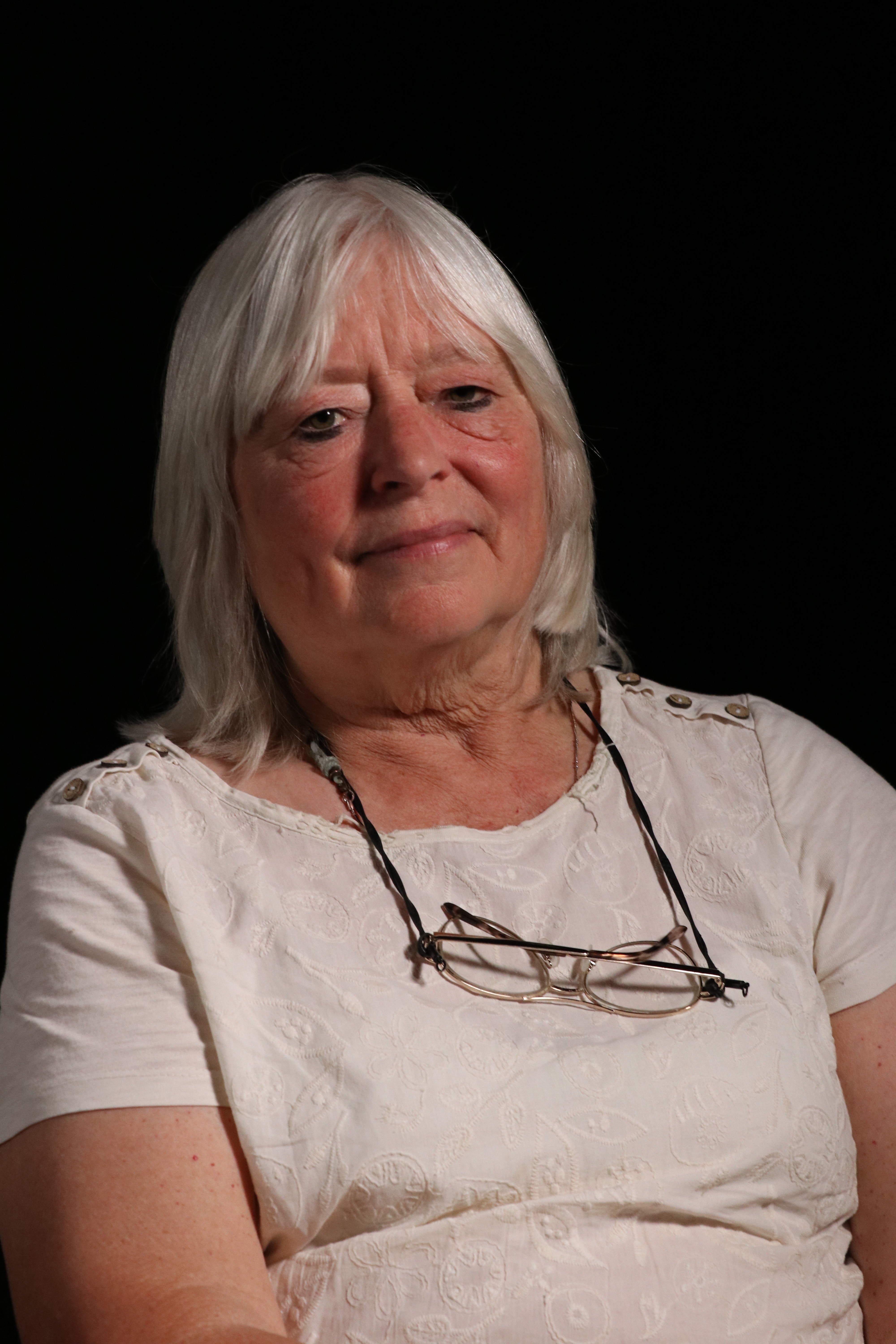
Stáhnout obrázek
Bridget Cooper was born on 7th November 1956 in South Yorkshire. Her father, originally from Aberdeen in Scotland, moved to South Yorkshire after the Second World War, met a nurse Kathleen, got married and had six children, to whom he was telling stories about the War, always picking the positive side, and never mentioning the atrocities and horrors that he shall had lived. Bridget’s father James Carle was born on 23rd March 1922. When the world was preparing for the Second World War, James was just sixteen years old, so he lied to be eligible to join the army in 1939. He was trained in the regiment of the Gordon Highlanders, in the north of Aberdeen. Once the War broke out, the Gordon Highlanders were one of the first sent in September 1939 to France to fight the Nazi Germany. He was captured Nazis on 12th June 1940 in Saint Valerie, thus ten months after the beginning of the War. The Prisoners of War marched through France, Belgium, and Holland to Germany, when James Carle was interned in the Lamsdorf camp (Stalag VIIIB) and was being sent to different forced labour camps around. In the end of 1944 or possibly in January 1944, he managed to escape with another prisoner, and crossed the border mountains to the Czech region of Orlickoústecko. He reached the village of Letohrad-Orlice, where the Czech resistance took care of him together with another 15 Prisoners of War of different nationalities until the end of the War. Bridget’s family had just a general idea about their father’s fate in the last months of the Second World War, based on his stories, and in December 1999 James Carle passed away. It was until 2020, after the passing of their mother, when Bridget found a box with documents. One of them was a postcard of Lamsdorf, with three Czech names written by her father’s hand. With help of a couple of Czech historians, she managed to visit Letohrad-Orlice in June 2023, where she met the relatives of the locals who had helped to survive to those Prisoners of War, including her father.
